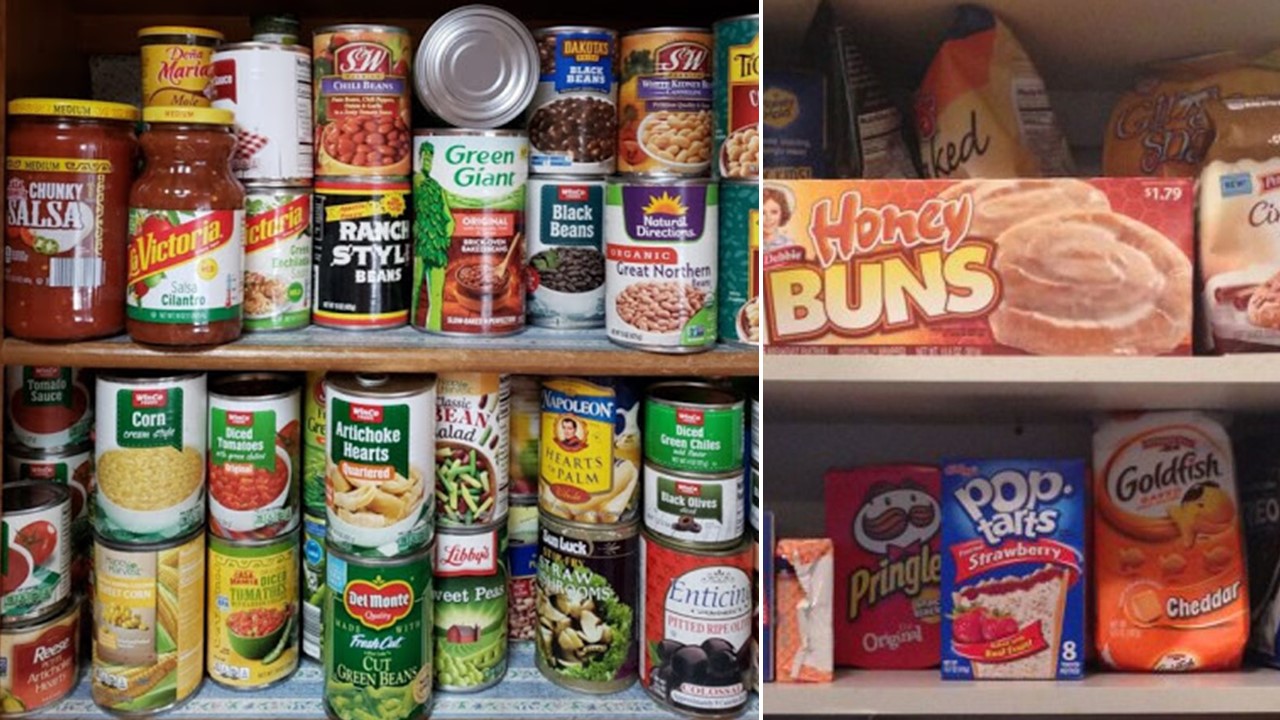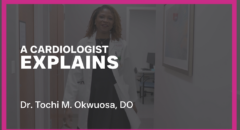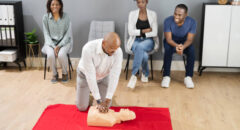
You feel a sensation in your chest and immediately think "am I having a heart attack?" While severe pressure or tightness in the chest is the most common symptom of a heart attack, there are other conditions that can cause chest pain similar to a heart attack.
Pericarditis
If your chest discomfort feels better when you sit up or lie down, it may be related to pericarditis (a condition that occurs when the tissue lining the heart, the pericardium, becomes inflamed). This typically happens as a complication of a viral infection.
Coronary artery dissection
Although rare, coronary artery dissection is a serious condition that can cause severe chest pain when one of your arteries develops a tear.
You may also develop a tear in the aorta, which is the largest blood vessel in your body and carries blood from the heart to the rest of the body, causing chest pain that may radiate to your back.
You are more likely to develop aortic dissection if you have high blood pressure or certain connective tissue conditions.
RELATED: Is Your Chest Pain Cause for Concern?
Respiratory infections
Does your chest pain get worse when you inhale deeply? You may have pleuritic pain, which can be caused by pericarditis but is typically related to lung issues.
Respiratory infections may lead to inflammation and swelling of the tissue that lines the lungs, a condition called pleurisy, according to Mayo Clinic. This typically leads to sharp chest pain on inhalation.
Pulmonary embolism
Chest discomfort and shortness of breath can be caused by a number of things, but it may be the result of a pulmonary embolism (a blood clot that's made its way to the arteries that connect the heart and lungs).
This condition often starts elsewhere in the body and can be life-threatening.
Asthma
If you have asthma, your airways may become narrow and produce extra mucus, which causes you to cough, wheeze and have trouble breathing, according to the Mayo Clinic.
If you are experiencing chest tightness and discomfort, it may be due to the constriction of your airways.
Muscle strain
If your pain gets worse when you make certain movements or press on parts of your chest, you may have musculoskeletal issues such as a pulled muscle from overdoing it at the gym the day before.
Costochondritis
Costochondritis happens when the cartilage around your ribs becomes inflamed, according to the Mayo Clinic. It most often shows up in the sternum — at the exact position mimicking a heart attack. The pain you may experience is a sharp or shooting pain that gets worse when you press on the area. Although it has no clear cause, it may be a result of physical strain.
The good news is, it's usually easy for a doctor to pinpoint and reproduce your pain by gently putting pressure on your ribs during a physical examination.
RELATED: Sudden Chest Pain: What it Could Mean
Heartburn
Heartburn (a burning sensation toward the bottom part of the chest) is one of the most common causes of chest pain.
This occurs when the digestive acid in your stomach makes its way back up your esophagus typically after eating certain foods, large meals, or too close to bedtime, the Mayo Clinic explains.
If you get heartburn frequently, it qualifies as gastroesophageal reflux disease and your doctor may require you to take prescription medication or other treatments to manage your symptoms.
Esophageal spasms or inflammation
Issues with the esophagus can also cause sensations of chest pain and discomfort due to food getting stuck on its way down, inflammation of the lining of the esophagus or muscle spasms. The symptoms you may experience are very difficult to differentiate from heart disease so it is best to consult with your doctor.
Gallstones
Inflammation and swelling in the gallbladder is typically a result of gallstones interfering with the flow of bile, according to the Cleveland Clinic. Many people don't experience symptoms, but others might experience intense pain in the area. Swelling of your gallbladder may also cause pain under the ribs on your right side or right-side chest pain.
RELATED: Where Does It Hurt? 9 Types of Chest Pain and What They Mean
Panic attack
A fast heart rate, sweating, trouble breathing and a sense of impending doom can make you feel like you are dying when, in reality, you are having a panic attack.
Seeking emergency care during a panic attack is appropriate, especially if you think you are having a heart attack. However, it is important to truly understand the condition because many doctors brush symptoms of a racing heart off as being anxiety-related even when they aren't.
Unfortunately, it's not always easy to determine what's triggering your symptoms. In this case, you may need a medical evaluation.
Getting medical attention
There are many issues that cause chest pain. What's causing your chest pain may be something on this list or something else entirely. The true cause of your chest pain isn't always obvious to experts without further testing.
If you experience any new chest pain, pressure, tightness or discomfort, you should get it checked out. To determine the cause of your pain, doctors might give you an EKG, a blood test, a treadmill test, or imaging, like an MRI or CT scan.
If your pain is severe, persistent, radiating or causing other symptoms, you should call 911. If your chest pain is heart-related, it's best to know early to prevent heart disease.
No matter what's causing your chest pain, getting to the root of it will give you peace of mind.







